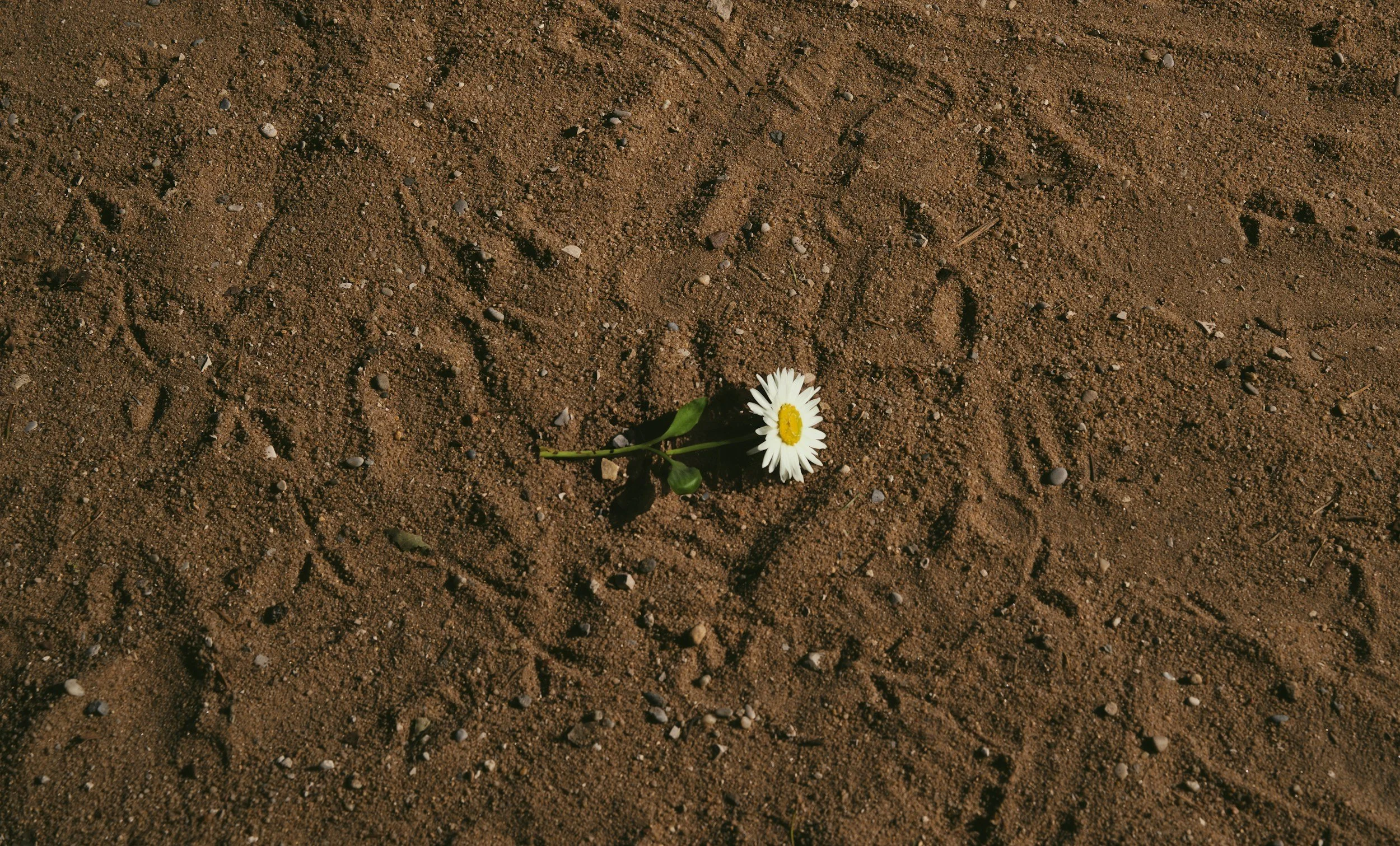Resiliently Hopeful
/Resiliently Hopeful
John Paul Derryberry
As I wrapped up a partner meeting on Friday, they asked if I would be interested in presenting some of our work to their agency. Yet if you rewind to 90 days earlier, I was wrapping up a contentious meeting with this same partner. I would like to say this is not a normal occurrence, but it’s often how things roll with me. I have become better over the years at not approaching things as a debate to be won or lost, and instead approaching impasses as problems to be solved. My approach now creates an internal debate going on in my head, telling me to hold back or move forward. Younger me held no such debate; it was constantly proving how resilient I could be in the face of any obstacle.
90 days ago, I took the leap back to my old resilient friction-causing self. I felt it was needed for what my team was attempting to accomplish. It obviously landed aggressively, and resilience has an aggressive streak. I do mind this approach, actually, I'm rather comfortable with it. I put some people on edge, and probably with a less-than-stellar version of myself in their memory banks. Probably more of us should get better at resiliency, because it’s impossible to navigate life without having someone have a negative view of you. Friction is beneficial because, without some friction in life, we would not be able to test our character. We would not be given a chance to grow and figure out how to best navigate the world through our strengths and weaknesses. Yet, as I have aged, I have realized I do not always have to be the person supplying the friction.
So here I was, again presented with an opportunity to see if I had changed from the person who looks to create friction for the sake of creating friction. Or am I a person who seeks to stay resilient and hopeful, believing that constant growth is a significant part of life? Do we quest to know ourselves better and better and improve as we gain experience, knowledge, all while not betraying our moral compass? I was reminded again that life is not really a battle between you and others, but a never-ending battle with yourself. It’s why I have moved away from my always-friction-causing resilience. I replaced the friction with hope. I know we do not associate resilience with hope, but they really do pair together nicely. If you consistently demonstrate resilience in your pursuit of better outcomes, you tend to work towards achieving those outcomes. We tend not to be thrown off by inconveniences that inevitably arise. We tend to stay hopeful and, in the words of an all-time great movie, “Hope is a good thing,maybe the best of things, and no good thing ever dies.” I would just add, hope can’t die when paired with resilience.
The meeting 90 days ago, which ended in friction, ultimately became a catalyst for me to improve, and it may have also prompted this partner to reconsider some things. As this group of professionals and I have continued to meet and talk. I was always hopeful that their insight would improve me, which would, in turn, make our team better. Yet hope without action really isn’t much of anything other than wishful thinking. Which has its place, but does not accomplish much other than being a distraction. When I pair my resiliency with my hope for better days ahead, magic happens for me. I tend to find myself in a state of constant growth. Not afraid or thrown off by the never-ending friction that comes with life, but I also do not see life as a series of never-ending battles to be won and lost. I see it has a journey to understand myself better, and that keeps me hopeful. This approach to life has its flaws, and every approach to life does, but it works for me.


